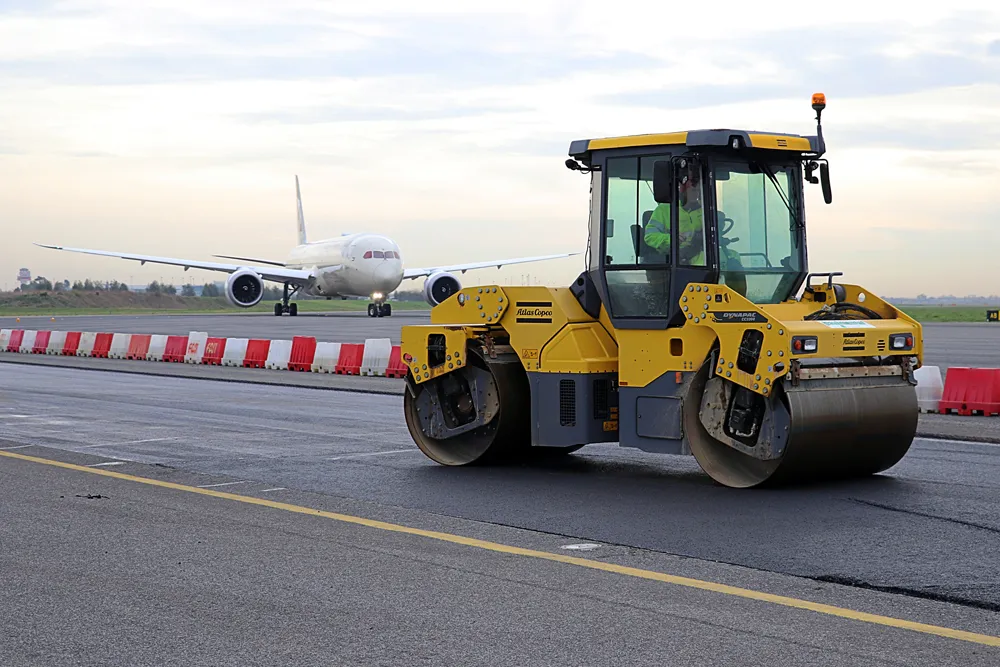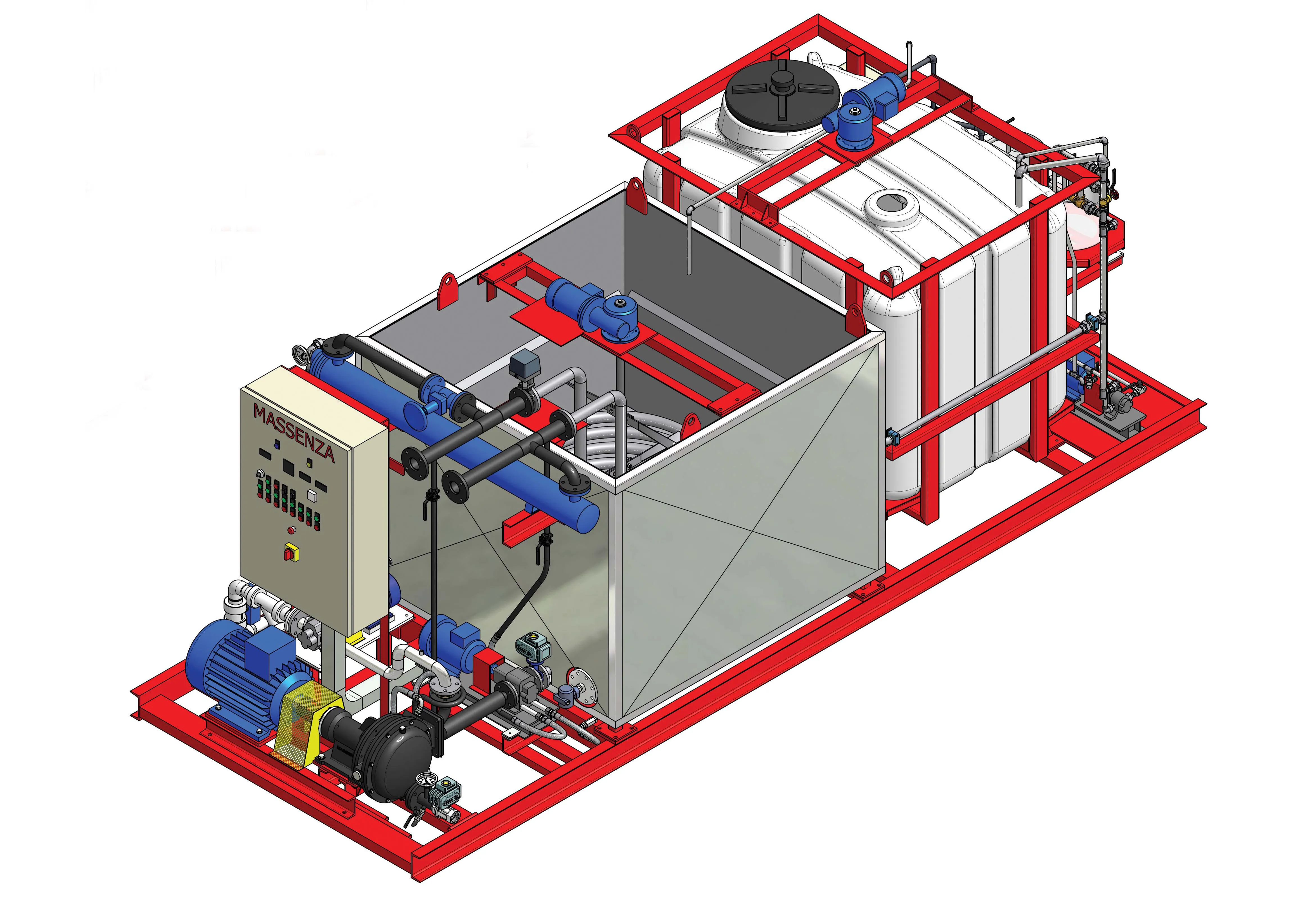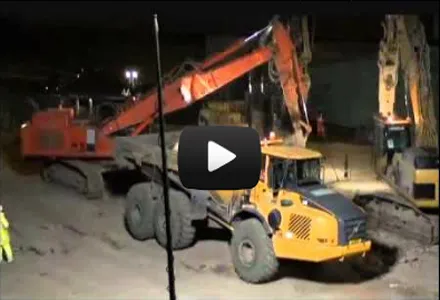
Contractor Skanska is a key partner in a trial project to construct a ‘green’ road, with minimal CO2 emissions. The Mistra Carbon Exit project will be for an 8km road section, between Lidköping and Källby in Sweden.
The firm is involved in a partnership with researchers at the University of Gothenburg and the Chalmers University of Technology. The aim of the project is to reduce CO2 emissions from road construction between now and 2045.
The trial for the 8km long road strip is one of the first projects launched by the Swedish Transport Administration (Trafikverket) to feature a complete climate calculation based on materials and activities to estimate the total climate impact.
Ida Karlsson, PhD candidate at Chalmers and part of Mistra Carbon Exit, explained that the project makes use of the climate calculations from Skanska to break down the material and activity emissions. The data revealed that emissions were reduced by 20% compared to the Administration's reference values. Moreover, the results showed that the emissions could be halved by making use of existing technology, and removed completely by 2045.
The construction sector accounts for a quarter of carbon dioxide emissions, in Sweden and globally.
“We identified several low hanging fruits, and if we address those first, it will become easier and cheaper to make bigger emission reductions in the future,” says Ida Karlsson, PhD student at Chalmers, and participant in the Mistra Carbon Exit project.
The project Mistra Carbon Exit focuses on transformative solutions. These require both time and large investments and include, for example, production of steel, cement, concrete and asphalt without carbon dioxide emissions, as well as fossil-free or electric vehicles. Solutions are being developed and implemented, but climate-saving technologies and choices exist already today.
Karlsson pointed out that four factors can make significant reductions in CO2 2missions now. These are: transport optimisation; recycling and reuse of excavation materials, asphalt and steel; material efficiency and design optimisation,; replacement of cement clinker as a binder in concrete.
“If you were to optimise the transportation of materials, excavation masses and waste, for example, large gains could be made. We could be better at transport logistics in Sweden. In addition to transporting materials and waste to and from a road construction site, many movements also take place within projects,” she said.
The study ‘Reaching net-zero carbon emissions in construction supply chains - Analysis of a Swedish road construction project’ was published earlier this year in the journal Renewable and Sustainable Energy Reviews, and was written by Ida Karlsson together with colleague Filip Johnsson of Chalmers and Johan Rootzén, at the Gothenburg School of Business, Economics and Law.
https://www.sciencedirect.com/science/article/pii/S1364032119308573









